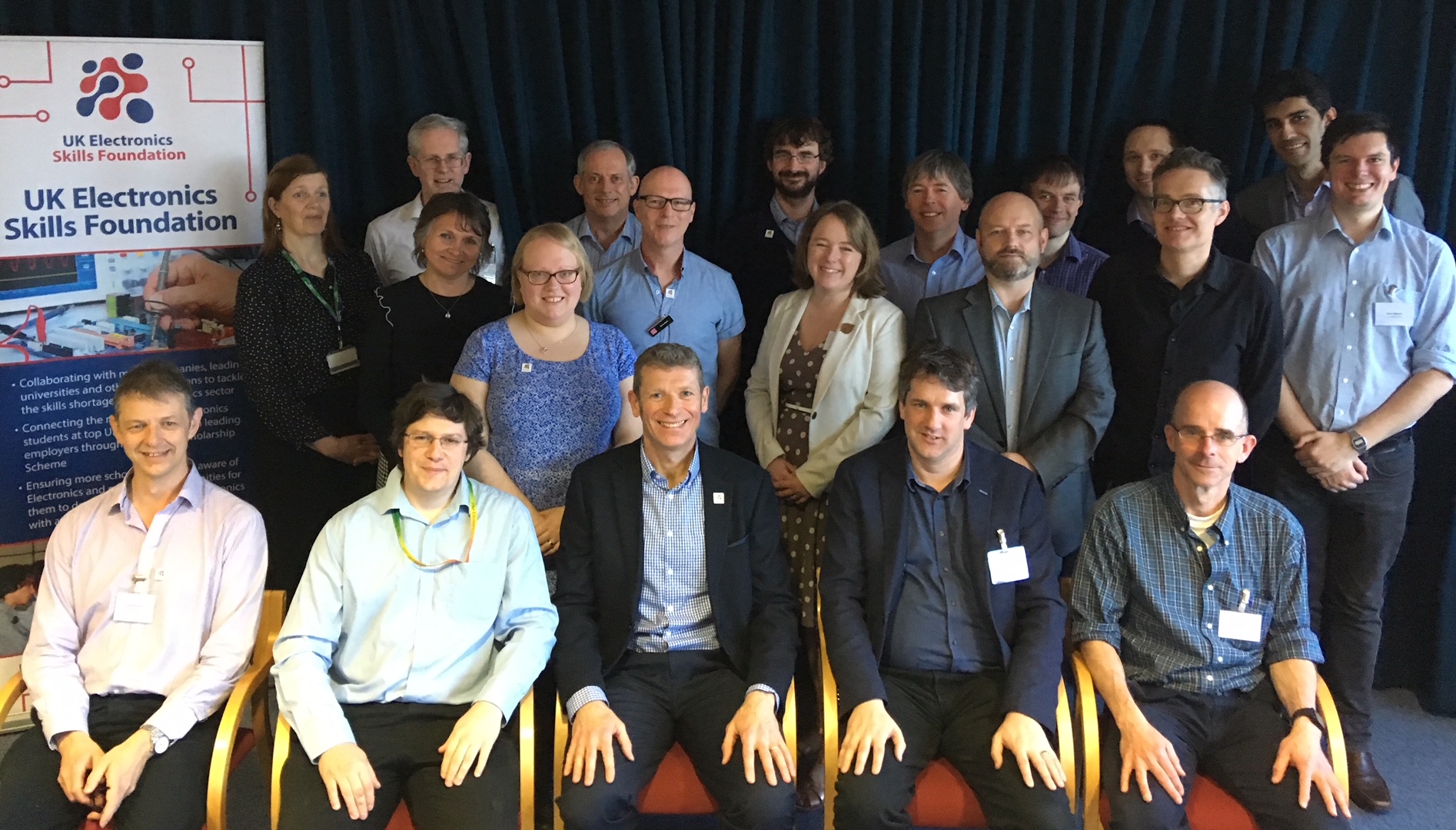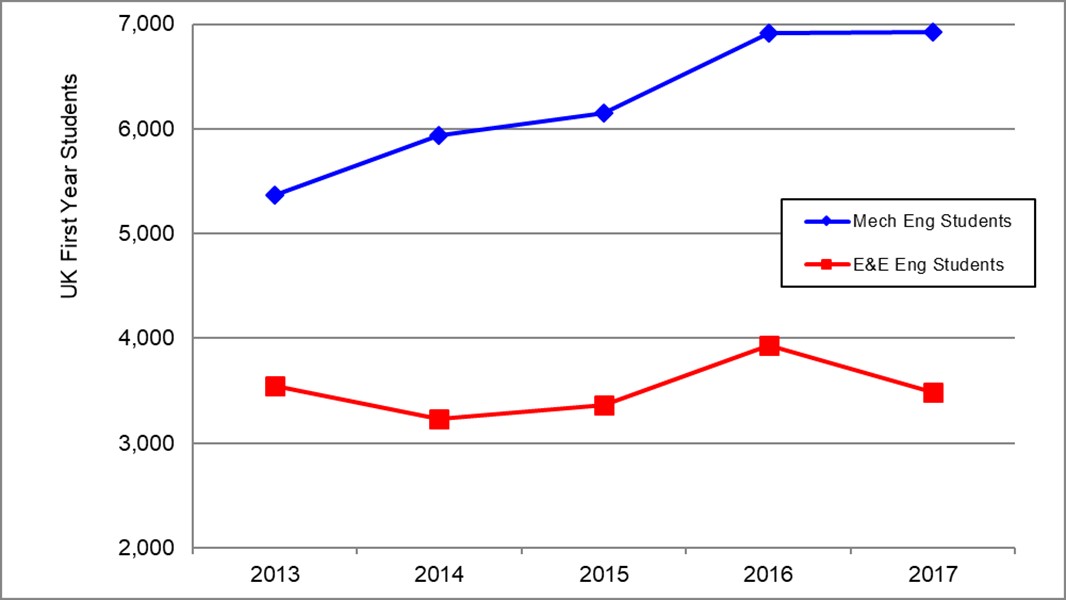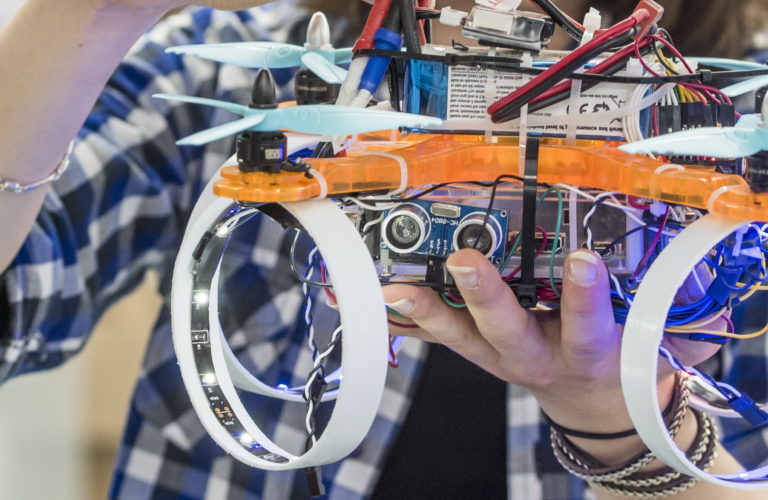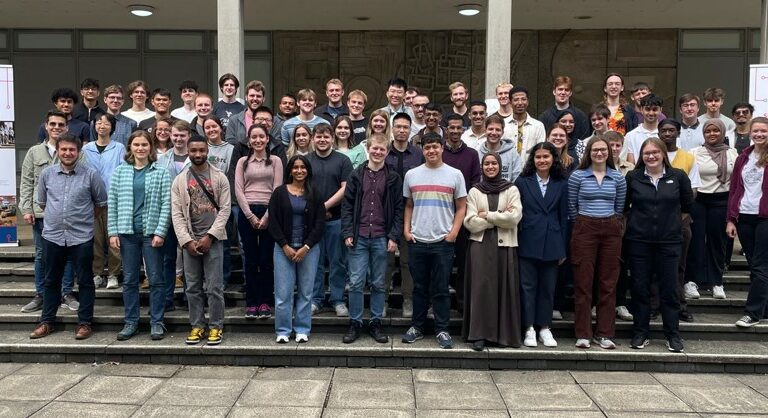Like many organisations, we list our espoused believes and values on our website. One of these values is to be ‘collaborative’. We say that we “share ideas and work enthusiastically with our sponsors, partners and all stakeholders to achieve our aims”. However, for the UKESF, as a small charitable foundation working to tackle a massive challenge, collaboration is at the very heart of our culture and is vital to our work; to paraphrase the management educationalist Peter Drucker, we must “collaborate, or die”.
Last week we met with all of our university partners at an event kindly hosted by Imperial College London. This annual session is a vital part of our partnership and is especially important as we now collaborate with 20 universities, right across the UK.

The UKESF University Partners meeting
It was most heartening, discussing our programme with these academics from leading higher education institutions, to hear their positivity and enthusiasm. This is for not only the technology and their world-leading Electronics research that they are undertaking, but they have obvious enthusiasm about helping undergraduates. All these leading universities support our programme because they genuinely want to produce the graduates needed by our sector.
The UK has a long heritage of technological innovation and has a world-class Electronics sector. However, there is a shortage of Electronics Engineers (especially graduates), which means that there are too few engineers and designers to develop the next generation of products and help produce creative technological solutions needed by society. This situation has actually worsened in recent times and is likely to deteriorate still further post BREXIT. The shortage is also exacerbated by a fragmented landscape across the sector; hence the need for effective collaboration and a coherent approach.
Based on data recently provided to the UKESF from the Higher Education Statistics Agency (HESA), we can see the scale of our challenge to “encourage more young people to study Electronics and to pursue engineering careers in the sector.” The HESA data shows that, in last five years, the number of UK-domiciled first-year students in Mechanical Engineering has increased by 29%, whereas the number of first year students on Electronic & Electrical Engineering degree courses has fallen slightly.

UK-domiciled first-year Mechanical Engineering and Electronic & Electrical Engineering student numbers from 2013 to 2017
At the UKESF we firmly believe that industry, as well as universities, have a part to play in ensuring the future pipeline of Electronics graduates. One way of doing this is to provide work placements for students; investing in undergraduates to give them practical real-world experiences that complement their academic studies is a real ‘win-win’. That said, acting unilaterally can be a bit daunting, which is why we are finding more companies are joining our Scholarship Scheme. We had 250 applicants for the scheme this year from students at our partner universities.
This shows that there is plenty of appetite from undergraduates for work placements. By working collaboratively and joining our scheme for next year, we can all achieve more and make progress towards tackling the challenge. If you would like to learn more, then details can be found here.



